What is Atrial Fibrillation?
Atrial fibrillation (AFib) is the most common type of abnormal heart rhythm (arrhythmia). Normally, a specific group of cells in the right upper heart chamber gives the signal to start your heartbeat. These cells are referred to as the sinoatrial (SA) node. The signal quickly travels down the heart’s conducting system. From the right atria, it travels to the upper-left filling chamber of the heart (left atrium) and from there, it passes through another node of tissues call the AV node, to reach the left and right ventricle, the two lower pumping chambers of the heart. As it travels, the signal triggers the chambers of the heart to contract. The atria contract with each heartbeat to move blood into the ventricles, and the ventricles contract to move blood out to the body.
During AFib, the heart receives electrical signals that come from outside the SA node causing the atria to contract in a disorganized fashion. This causes the atria to quiver (fibrillate). The disorganized signals are then transmitted to the ventricles. It causes them to contract irregularly and sometimes quickly. The contraction of the atria and the ventricles is no longer coordinated. The amount of blood pumped out to the body will vary with each heartbeat. The ventricles may not be able to pump blood efficiently to the body.
The quivering atria can lead to blood pooling in the heart because the blood is not pumped efficiently from chamber to chamber. This pooling can cause blood clots to form inside the heart. Most clots form inside the left atrium. That’s because the left atrium has a pouch in the muscle wall, referred to as the left atrial appendage. This pouch is often large with several lobes. Doctors don’t fully understand the physiological purpose of this pouch. But they have found that during AFib, blood can pool inside the lobes increasing the risk of forming blood clots. These clots can then be pumped out of the heart and travel to the brain, causing a stroke. This is why AFib greatly increases the risk for stroke.
Symptoms of Atrial Fibrillation
You might notice your heartbeat feels strange and sometimes very fast, even when you’re not exercising.
Other symptoms of AF can include:
palpitations (feels like a racing, fluttering, flip flopping feeling in your chest)
- chest pain
- finding it harder to exercise
- tiredness
- shortness of breath
- Dizziness or feeling faint
- Fainting
- Congestive heart failure
- Accelerated heart rate
- Palpitations
- Hypotension
- Pain in the chest
- Mitral stenosis
- Left atrial enlargement
- Central sleep apnea
Sometimes people don’t experience any symptoms and AF gets detected when having an exam or check up. This is common in older people.
Causes of Atrial Fibrillation
AFib can happen from any type of problem that changes the way the heart handles electricity. Sometimes the cause is unknown. There is a range of things that can increase this risk. Some of the risks include:
- Older age
- High blood pressure
- Coronary artery disease
- Heart failure
- Rheumatic heart disease from a past
- Streptococcus infection
- Heart valve defects such as mitral valve prolapse with regurgitation
- Pericarditis
- Congenital heart defects
- Sick sinus syndrome
- Hyperthyroidism
- Obesity
- Diabetes
- Lung disease
- Obstructive sleep apnea
- Metabolic syndrome
- High-dose steroid therapy
AFib is also more likely to happen during an infection or right after surgery. Stress, caffeine, and alcohol may also set off attacks. People who do a lot of repeated vigorous endurance exercises, such as running marathons, can develop atrial fibrillation.
Diagnosing of Atrial Fibrillation
You should see a doctor for diagnosis but you may also detect it by feeling your pulse at your wrist. A normal heart rate is steady and usually between 60 and 100 beats a minute when you’re resting. If you have AF, your pulse will have no set pattern and the beats might have different strengths.
Some people have AF which comes and goes. This means their pulse may feel normal at times and at other times it will be irregular.
Watch our video on how to take your pulse. If you’re worried about your pulse, or it feels irregular, make an appointment to see your GP.
If your GP suspects you have AF, they should refer you for further tests including:
- An ECG (electrocardiogram)
- An echocardiogram
- Chest x-ray
- Blood tests
Certain people may be at greater risk of developing AFib. This is because of differences in genes they inherited from their parents. This is not yet fully understood.
Risk Factors of Atrial Fibrillation
AF increases the risk of a blood clot forming inside the heart, which can be dangerous. If a clot travels to the brain, it can lead to a stroke. However, with the right treatment, you can work to reduce your risk.
Anticoagulant drugs and a newer class of drugs called NOACs are the most effective treatments to reduce the risk of stroke in people with AF.
As well as taking medication, living a healthy lifestyle really helps to reduce your risk of having a stroke.
We’ve got some ideas, why not try one today?
- Eat healthily: you could start by swapping to lower fat options and going for lean meats instead of fattier options.
- Be physically active: try a brisk half hour walk every day and take the stairs when you can.
- Quit smoking: did you know 20 minutes after you quit smoking, your heart rate and blood pressure return to normal?
- Cut down on alcohol: try halving your units or mixing juice with sparkling water as an alternative
Control high blood pressure: by cutting down on salt and managing stress.
- Work on your cholesterol levels: by eating more fibre and swapping saturated fats (butter, takeaway meals) for unsaturated fats (olive oil, oily fish).
- Be mindful of your blood sugar levels (especially if you have diabetes). Swap sugary snacks for fruits and choose sugar free drinks.
What are Possible Complications of Atrial Fibrillation?
Stroke and heart failure are the major complications of AFib. Blood can pool in the atria during AFib. This can cause a clot. This clot can travel to the brain and block a vessel there, causing a stroke. Blood-thinning medicines help reduce this risk. What you are prescribed will depend on your risk for stroke. If you are at low risk, you may not need to take anything at all. If you are at high risk, you will need a blood-thinner.
AFib also sometimes causes heart failure. Because the chambers of the heart are beating so irregularly, they can’t fill or squeeze normally. This is especially true if the heart is beating very fast. Over time, this can weaken the heart preventing the heart from pumping enough blood to the body. Heart failure is treated with lifestyle changes, medicine, procedures, or surgery. Medicines that lower the heart rate will also help prevent heart failure.
AFib is also linked to an increased risk for dementia and a shorter lifespan.
What can I do to Prevent Atrial Fibrillation?
Controlling risk factors for atrial fibrillation may prevent AFib from developing. This includes managing underlying heart disease, high blood pressure, thyroid problems, sleep apnea, obesity, and lung diseases. Risk factor control also means making healthy lifestyle choices. These choices include eating a healthy diet, exercising regularly, maintaining a healthy weight, and not smoking. Drink alcohol only in moderation, if at all. If you have an alcohol abuse problem, consider getting help.
How can I Manage Atrial Fibrillation?
You will need regular follow-up for your AFib. Blood-thinners called direct-acting oral anticoagulants (DOAC) medicines may be recommended by your healthcare provider to prevent stroke. You don’t need frequent blood tests for these medicines. But you may need to have your kidney function checked periodically.
If you take warfarin, you will need more frequent blood tests such as a prothrombin time (PT). This test measures the time it takes for your blood to clot. It records your reading as an international normalized ratio (INR). Your INR can change over time based on various factors including the food you eat or medicines you take. Your INR needs to be kept at a certain level to protect you from clotting. Your healthcare provider can change your medicine dose if needed to keep you at a safe level.
Your healthcare provider may advise a device called a left atrial appendage closure to prevent stroke if you can’t take blood-thinners or are at high risk of bleeding. The device closes off an area in the left atrium where most blood clots form that cause stroke.
There are other steps you can take to help you manage your AFib and maintain a healthy lifestyle.
- Eat about the same amount of certain foods such as green leafy vegetables if you are taking warfarin.
- Eat a heart-healthy diet.
- Don’t smoke.
- Be physically active and maintain a healthy weight.
- Keep your cholesterol at healthy levels with lifestyle and medicine.
- Don’t use alcohol or caffeine. They can trigger heart rhythm problems.
- Make sure your healthcare providers know about all over-the-counter medicines you use.
- Make sure all your healthcare providers, dentists, and pharmacists know if you are taking a medicine to prevent blood clots.
- If you miss a dose of a blood-thinning medicine, don’t double up your dose. Ask your healthcare provider what you should do.
Living with Atrial Fibrillation
You might find it harder when getting used to a new routine. AF is a manageable condition and with the right treatment you can carry on as you were before you were diagnosed.
Talking to people about your condition can be hard. Dealing with stress and anxiety is also common after being told you have a heart condition. Visit our emotional support hub for advice and support if you’re struggling with the change of pace.
You might have to think about practical matters, like driving, going on holiday or travel insurance after being diagnosed with AF. Again, your GP can help with any queries you might have.
Key Points about Atrial Fibrillation
AFib is the most common abnormal heart rhythm. The atria quiver instead of contracting the way they should. The heart rate usually increases. It’s a serious condition, but most people with AFib can lead normal, active lives. You will need to be checked regularly.
- Follow all of your healthcare provider’s instructions about medicines, lifestyle, and monitoring.
- You may be treated with medicine to control your heart rate or rhythm.
- You may need blood-thinning medicine to help prevent a stroke.
- Depending on what blood thinner you take, you may need frequent blood tests and monitoring.
- Go to all your healthcare provider appointments.
Next Steps
Tips to help you get the most from a visit to your healthcare provider:
- Know the reason for your visit and what you want to happen.
- Before your visit, write down questions you want answered.
- Bring someone with you to help you ask questions and remember what your provider tells you.
- At the visit, write down the name of a new diagnosis, and any new medicines, treatments, or tests. Also write down any new instructions your provider gives you.
- Know why a new medicine or treatment is prescribed, and how it will help you. Also know what the side effects are.
- Ask if your condition can be treated in other ways.
- Know why a test or procedure is recommended and what the results could mean.
- Know what to expect if you do not take the medicine or have the test or procedure.
Reference:
https://www.bhf.org.uk/informationsupport/conditions/atrial-fibrillation
https://www.cedars-sinai.org/health-library/diseases-and-conditions/a/atrial-fibrillation.html

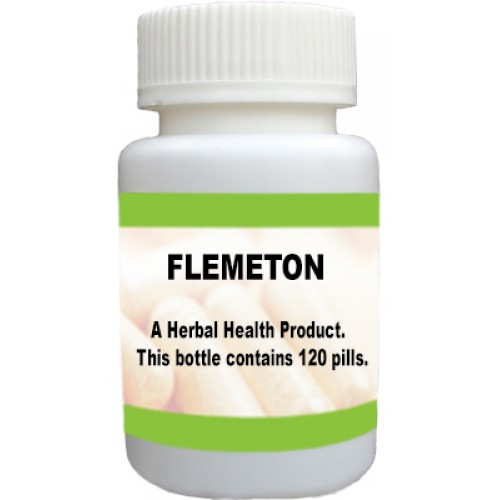
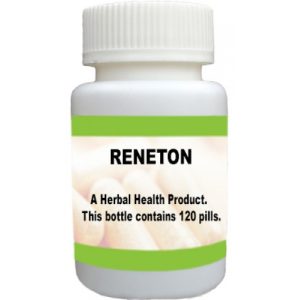
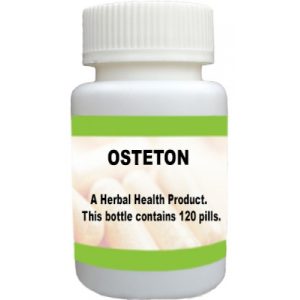
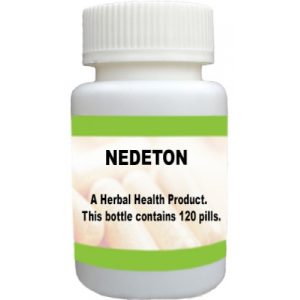
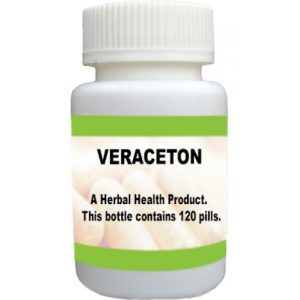
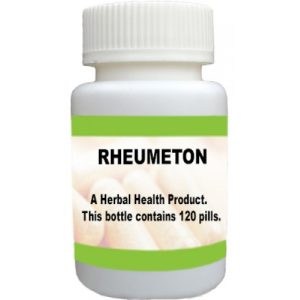
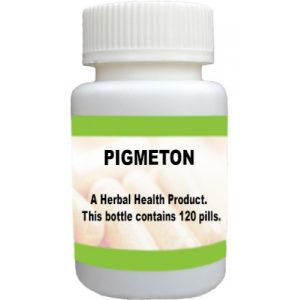
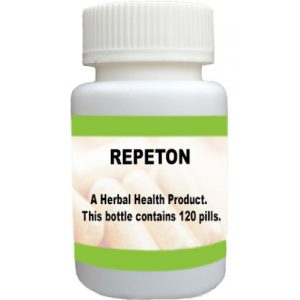
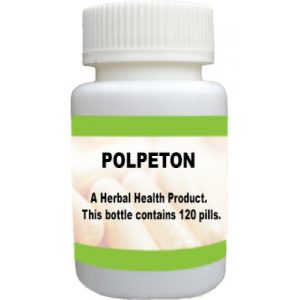
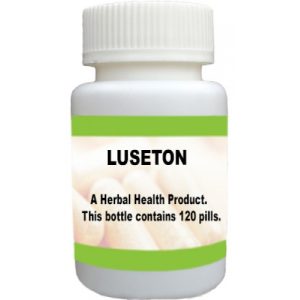
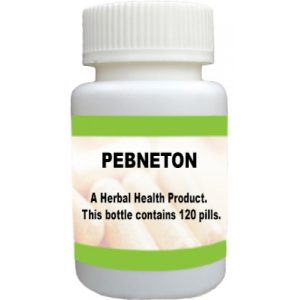
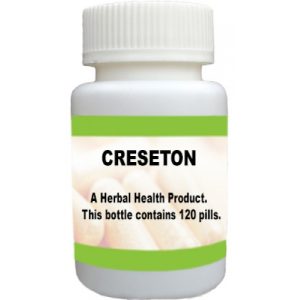
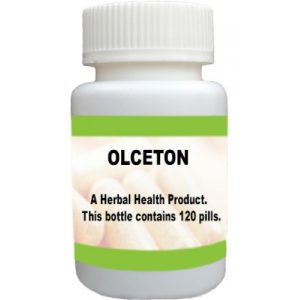

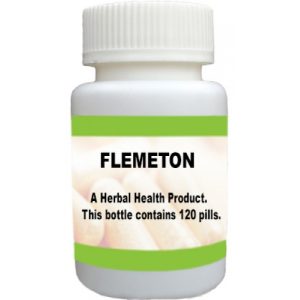
Reviews
There are no reviews yet.